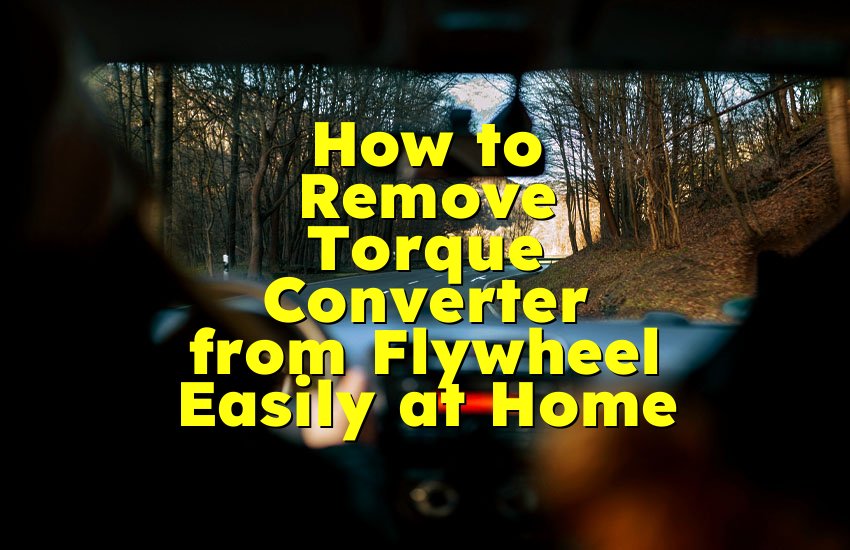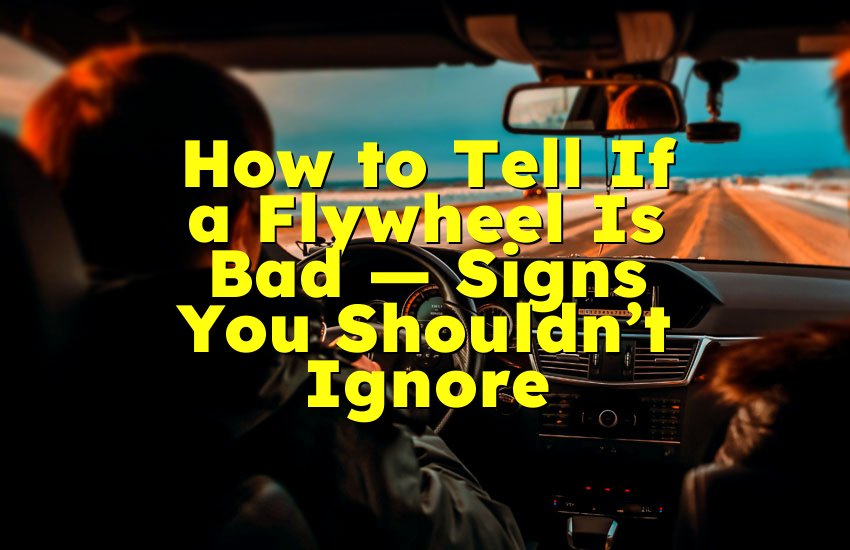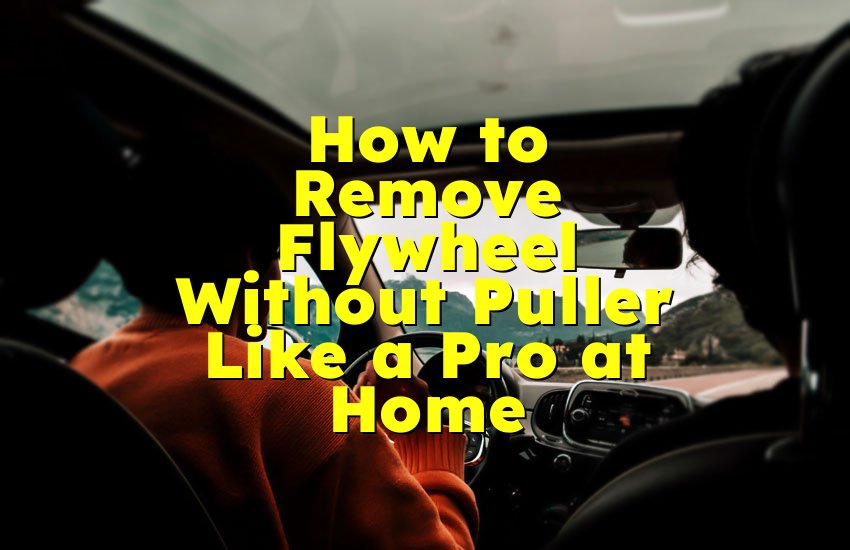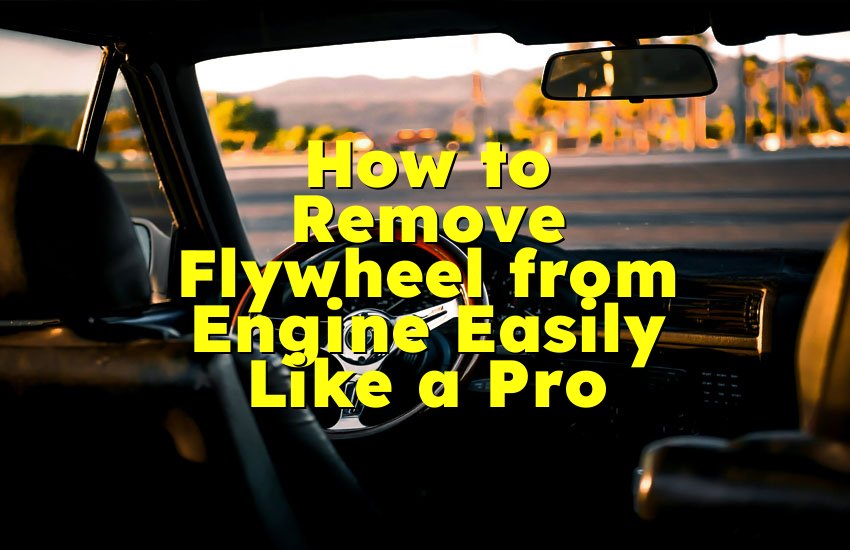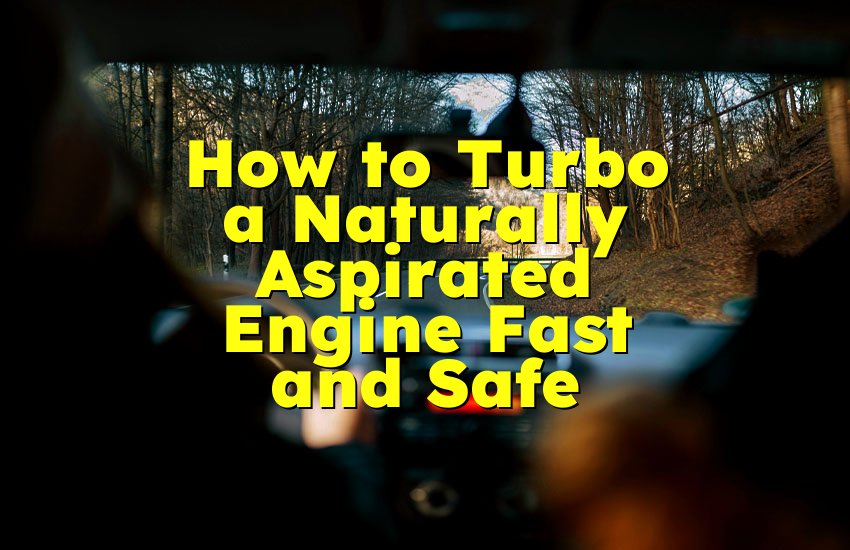As an Amazon Associate, I earn from qualifying purchases at no extra cost to you.
Why is My Car Leaking Oil When Parked? 6 Things to Fix
Have you ever walked out to your car, only to see an ugly dark puddle under it? I remember the first time I saw oil under my car. I panicked, thinking my engine was ruined. But the truth is, oil leaks while parked are common — and often fixable. In this article, I will explain why your car is leaking oil when parked and what you can do about it in easy steps anyone can understand.
Check the Oil Pan and Drain Plug for Damage
One of the most common reasons your car leaks oil when it’s parked is because of damage or problems with the oil pan or the drain plug. The oil pan is at the bottom of your engine and holds the engine oil.
The drain plug is the screw that closes the oil pan and is removed during oil changes. If either of these parts is damaged, loose, or cracked, oil can drip out slowly, especially when the car is off and not moving.
Over time, the oil pan can get rusty or hit by rocks and other things on the road. If there is a dent or a crack, oil will leak out little by little. Also, if someone changed your oil recently and didn't tighten the drain plug the right way, it might cause a leak. A loose or worn-out drain plug gasket (the small rubber or metal ring that helps seal the plug) can also be the reason.
You should check under your car carefully. Look near the middle, under the engine. If you see oil stains around the oil pan or right near the drain plug, it's a sign that oil is leaking from there. You might also notice the oil pan looks wet or dirty with thick, sticky oil. That's a good clue.
To fix this, sometimes it's as simple as tightening the drain plug or changing the gasket. But if the oil pan is cracked or bent, you might need a mechanic to replace it. Replacing the oil pan is not always expensive, but it needs the right tools.
Even small damage can cause a leak. So don't wait. The longer you leave it, the more oil you lose, and that can harm your engine badly. Keep an eye under your car for oil spots and check your oil level often.
- Damaged or rusty oil pan can leak oil
- Loose or worn drain plug or gasket is a common cause
- Oil leaks more when the car is parked and pressure is lower
- Look for oil stains under engine area
- Fixing can be cheap if done early
Inspect the Valve Cover Gasket
Another very common cause of oil leaks while parked is a bad valve cover gasket. This part is on the top of your engine and it keeps the oil inside while it moves around the engine parts. Over time, this gasket can wear out, crack, or shrink, especially from heat. When that happens, oil starts to leak down the side of the engine.
I once ignored a leak from my valve cover gasket. I kept adding oil but didn't fix the leak. In a few weeks, it got worse and even started smoking a little because oil was dripping onto hot engine parts. That was scary and smelled awful.
When your car is parked, oil might slowly leak from the valve cover area and run down the engine. Since the engine is not running, oil sits still and finds the weakest spots, like a bad gasket. You might see oil marks not just under the car, but also on the engine itself if you open the hood.
Checking the valve cover gasket is not hard. Open your hood and look at the edges where the engine top meets the rest of the engine. If you see wet, dark oil or sticky dirt on the sides, your valve cover gasket might be leaking.
Replacing a valve cover gasket is not too expensive and takes less than two hours for a mechanic to do. If you know basic car repairs, you can even do it yourself with the right tools and a new gasket. The important thing is not to ignore it.
- Valve cover gasket wears out from heat and age
- Oil leaks down the engine when gasket fails
- Smell or smoke can be signs of leaking oil
- Open hood to check for oil around engine top
- Easy and low-cost repair if done early
Look at the Oil Filter and Oil Pressure Sensor
Oil filters and oil pressure sensors are small parts but can cause leaks when they go bad. The oil filter keeps the oil clean while the engine is running. The oil pressure sensor tells you if the oil pressure is too low or too high. Both are screwed into parts of the engine, and they can leak if they are loose or damaged.
Sometimes, the oil filter is not tightened properly after an oil change. Or the rubber seal on the filter can wear out. That can lead to slow leaks, especially when the engine cools down. Oil can drip and leave a puddle when you are parked.
The oil pressure sensor can also leak where it screws in. These leaks are small at first and may not show warning lights on your dashboard. But if you see oil under your car near the front or notice oil sprayed near the sensor area, it's worth checking.
In my case, an old oil pressure sensor was the issue. It cracked over time, and I saw oil leaking from behind the engine. It was hard to find at first, but after replacing it, the leak stopped completely.
Both the oil filter and sensor are easy for a mechanic to check. If they are the reason for the leak, the fix is quick and cheap. Sometimes you just need a new seal or a new sensor.
- Loose oil filter can cause oil to leak slowly
- Old rubber seals on filter or sensor can wear out
- Oil pressure sensor may crack and leak
- Leaks often show under front part of car
- Repairs are fast and low-cost
Check for Worn Engine Gaskets and Seals
Your engine has many gaskets and seals that keep oil where it belongs. Over time, these can wear out, dry up, or shrink. This happens slowly, especially if your car is older or has a lot of miles. These small leaks may not be easy to see at first, but they can get worse if ignored.
Rear main seal and camshaft seals are two examples. These seals are deep inside the engine, so when they leak, it's hard to find the exact spot. But they can still cause oil to drip out when the car is parked. Oil from worn seals often runs down the engine and drips near the middle or back of the car.
I had a car that leaked oil only when it sat for a few hours. I couldn't find the leak until a mechanic put a dye in the oil and used a special light. That's how we saw the rear main seal was leaking. It wasn't cheap to fix, but waiting longer would have made it worse.
If your car is leaking oil and none of the easy parts like the filter or drain plug are to blame, worn seals may be the cause. It's best to let a mechanic check for this, because the repair may need engine parts removed.
- Engine seals shrink or dry with age and heat
- Leaks are slow but get worse over time
- Leaks from seals can be hard to find
- Special tools may be needed to find the problem
- Repairs can be more expensive, but needed to stop leaks
Look at the Timing Cover Area
The timing cover protects the timing chain or belt that helps your engine parts move in the right order. Behind this cover is oil. If the gasket around the timing cover breaks or wears out, oil will leak out and drip onto the ground. This happens a lot in older cars.
Timing cover leaks are sneaky because they start very small. You may not notice them for weeks. But oil leaking from this area can spread and make the whole engine area dirty. The longer you wait, the more damage can happen. Also, if the timing components get covered in oil, they may slip or wear out faster.
When your car is parked, oil from the timing cover area might drip onto hoses or engine parts and slowly fall to the ground. You might see oil under the front of the engine or near the passenger side.
Fixing this leak usually means removing belts and parts to get to the cover. That's why it's best done by a mechanic. But once fixed, your car will stop leaking and run better.
- Timing cover gasket can wear out slowly
- Leaks start small but spread quickly
- Oil may leak to hoses and belts
- Repairs need belt and cover removal
- Important to fix before it affects engine parts
Pay Attention to Oil Levels and Car History
Sometimes, oil leaks are not from broken parts but from overfilling the oil or using the wrong kind. If you or someone else put too much oil during an oil change, it can overflow. The extra oil may leak out through vents, seals, or other parts, especially when the car is parked.
Also, using the wrong oil — like one that is too thin or thick — can cause pressure problems and leaks. Your car needs the right oil type and amount. Always check your owner's manual.
If your car has had past engine work, the gaskets or seals may not have been replaced correctly. A bad repair job can also lead to leaks later.
Keep track of your oil level. If it drops quickly, you may have a leak. Mark your parking spot and see if new oil spots show up each day. It helps to notice if leaks are getting worse or staying the same.
- Too much oil can cause leaks when parked
- Wrong oil type may create pressure issues
- Bad repairs may lead to new leaks
- Check oil level often and track changes
- Always use the right oil for your car
Final Thoughts
Oil leaks when your car is parked are annoying but not always serious. In many cases, it's a small part that can be fixed easily. But if you ignore the leak, it can lead to engine damage and big repair costs. Always pay attention to oil spots under your car. Catching the leak early is the key. Take care of your engine, and it will take care of you.
| Problem Area | Common Sign | Easy Fix Available? |
|---|---|---|
| Oil Pan or Drain Plug | Oil spot under middle of car | Yes |
| Valve Cover Gasket | Oil on engine sides or smell | Yes |
| Oil Filter or Sensor | Oil under front of car | Yes |
| Engine Seals | Slow leaks, hard to find | No (needs mechanic) |
| Timing Cover | Oil near belts or passenger side | No (needs mechanic) |
| Overfilled/Wrong Oil | Sudden leak after oil change | Yes |
Frequently Asked Questions (FAQs)
Is it safe to drive if my car is leaking oil when parked?
It depends on how bad the leak is. If it's just a few drops, you can drive short distances, but check your oil level often. If oil is pouring out or you see warning lights, stop driving and get it checked. Driving with low oil can damage your engine very badly and cost a lot to fix. Always be careful.
Can I fix an oil leak myself?
Yes, if it's a small leak from an oil filter, drain plug, or valve cover gasket. These parts are easy to reach and don't need special tools. But if the leak is from deep inside the engine, like seals or timing cover, it's better to let a mechanic do it. Always wear gloves and use the right parts when doing it yourself.
Do I need to change the oil if it’s leaking?
Yes, if you lose a lot of oil, it's smart to change it once the leak is fixed. When oil leaks out, dirt can get into the system. Also, you might not know how much clean oil is left. After fixing the leak, a fresh oil change keeps your engine safe and running smooth.
Is it expensive to repair an oil leak?
It depends on where the leak is. A simple fix like tightening a drain plug or replacing a filter might cost $20 to $50. But deep engine leaks like seals or timing covers can cost $500 or more. Finding the leak early helps save money. Don't wait too long to get it fixed.
Can oil leaks damage other car parts?
Yes, leaking oil can hurt other parts like rubber hoses, belts, and engine sensors. Oil is sticky and attracts dirt. When it covers parts, they wear out faster. It can also cause smells or even smoke if it touches hot parts. That's why it's important to clean up and repair leaks quickly.
Do I have to go to a mechanic right away?
Not always. If the leak is small and your oil level stays okay, you can drive for a short time. But if the leak grows or you see a big puddle, it's better to visit a mechanic soon. Waiting too long can cause bigger damage and higher repair bills later.
Can I use stop leak products?
Some stop leak products can work for small leaks in gaskets or seals. They are added to the oil and can slow or stop the leak. But they are not a long-term fix. If the leak comes back, it's better to replace the bad part. Always read the label before using them.
Is it normal for old cars to leak oil?
Yes, older cars often leak oil as parts get worn. Rubber seals dry out, gaskets crack, and bolts loosen over time. But just because it's common doesn't mean it's okay. You should still try to fix leaks to keep your car running longer and avoid engine damage.




